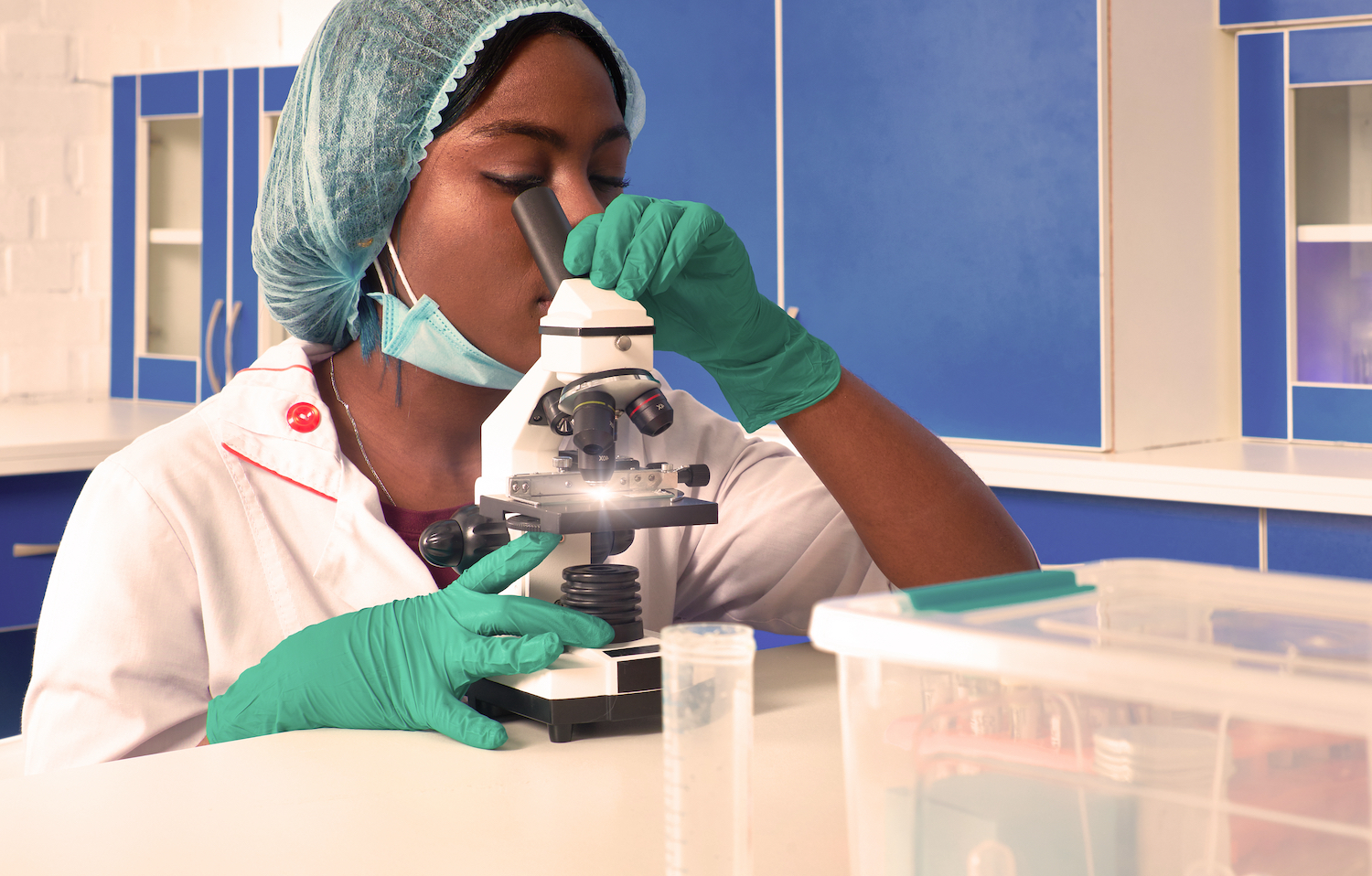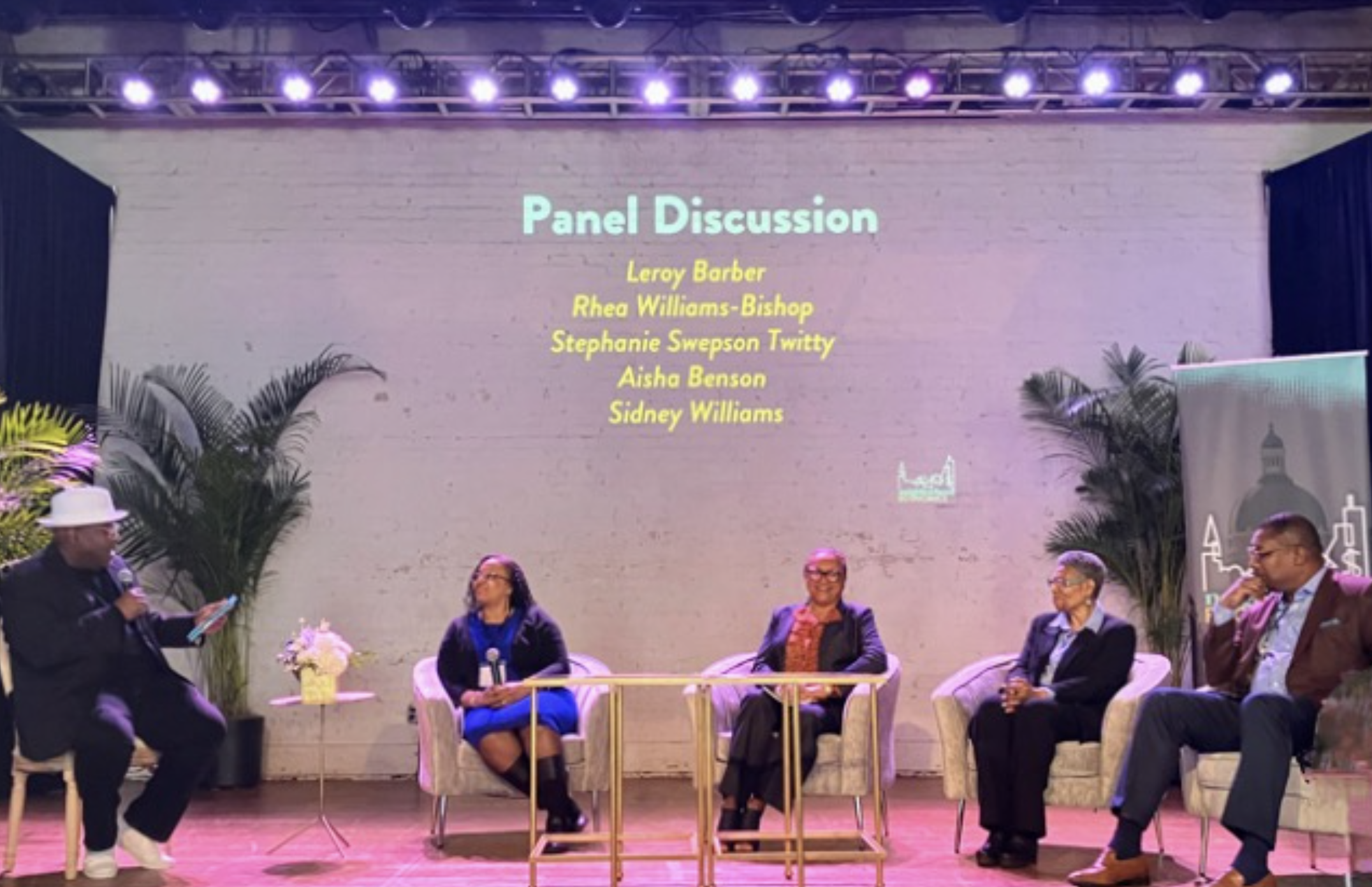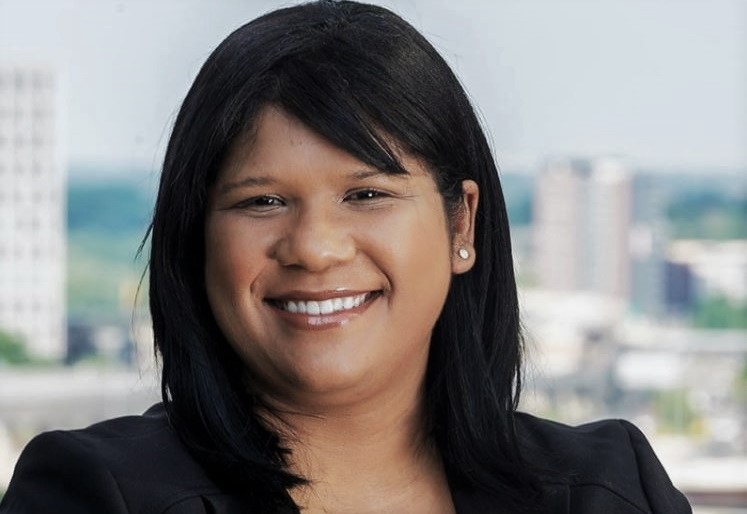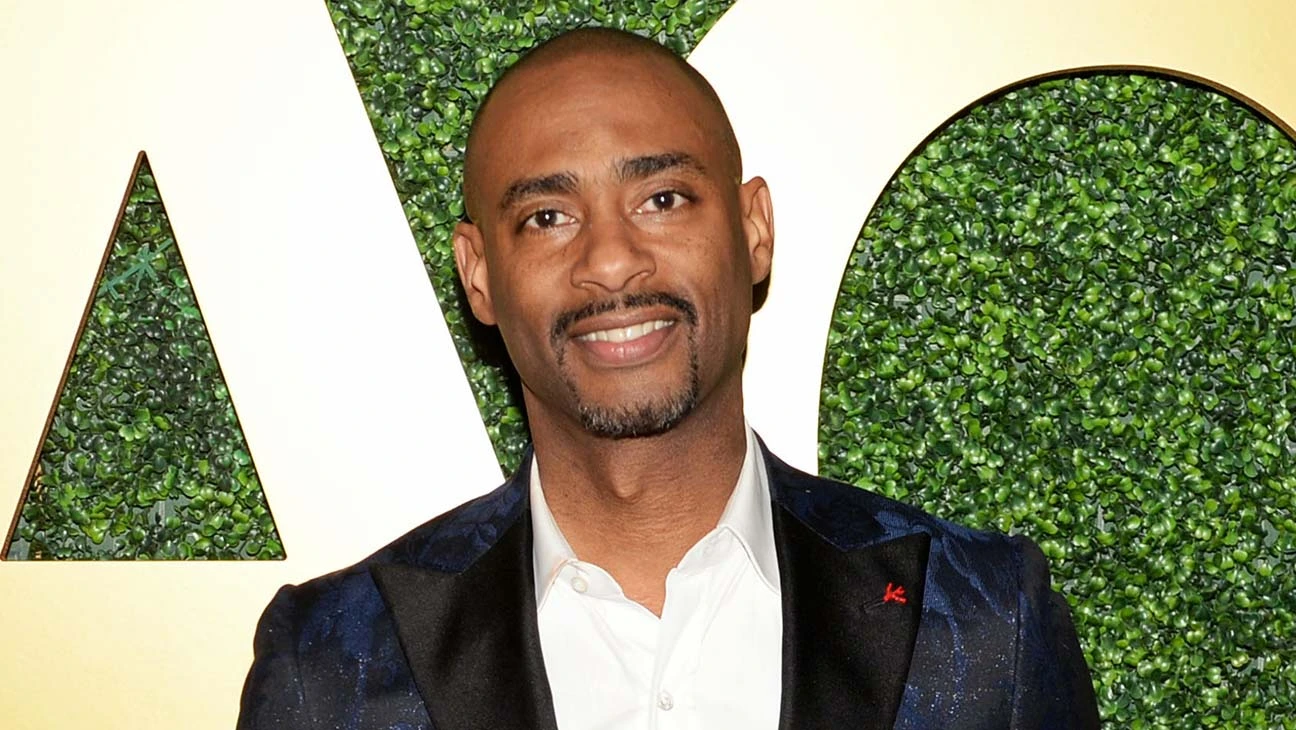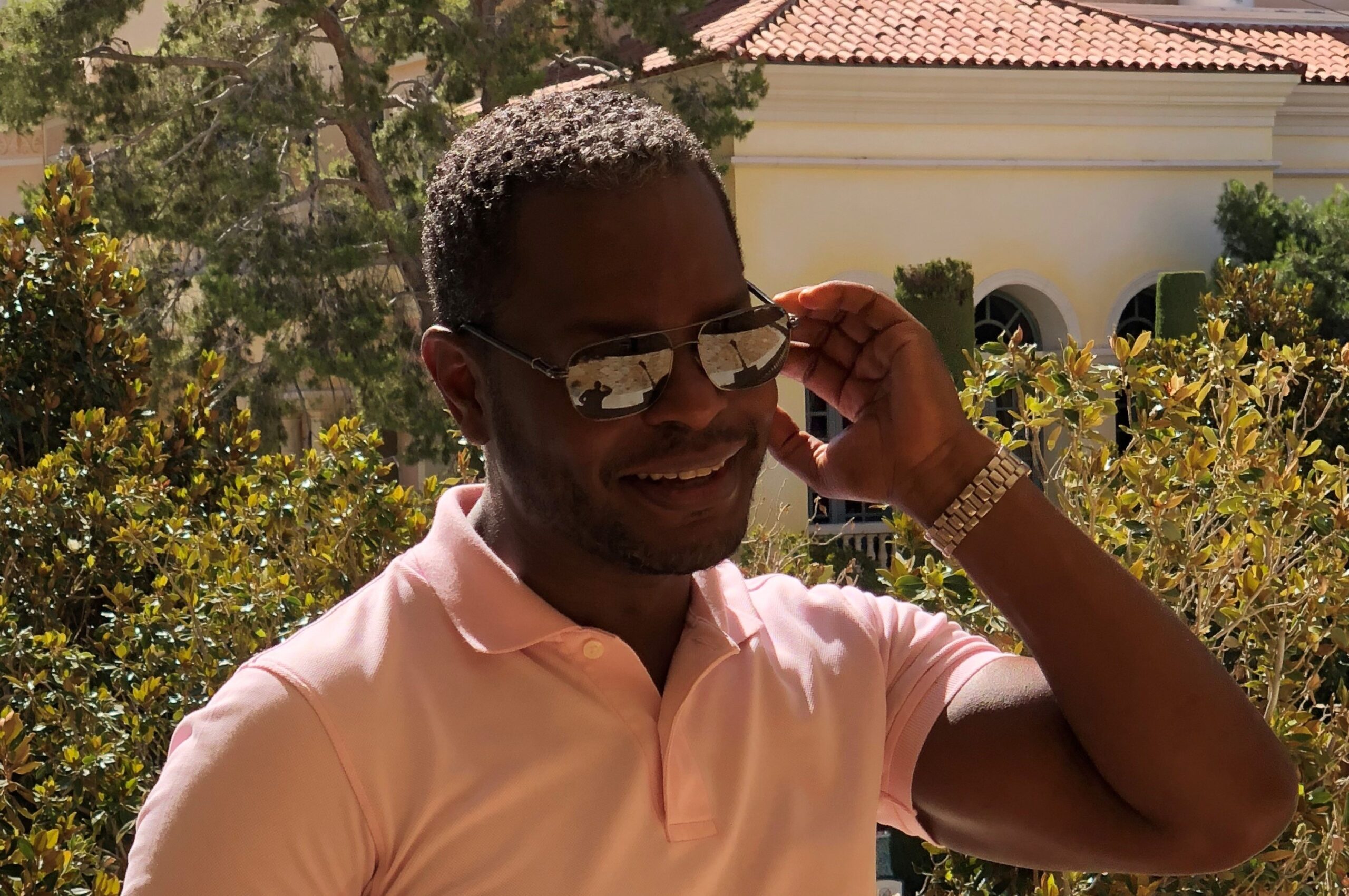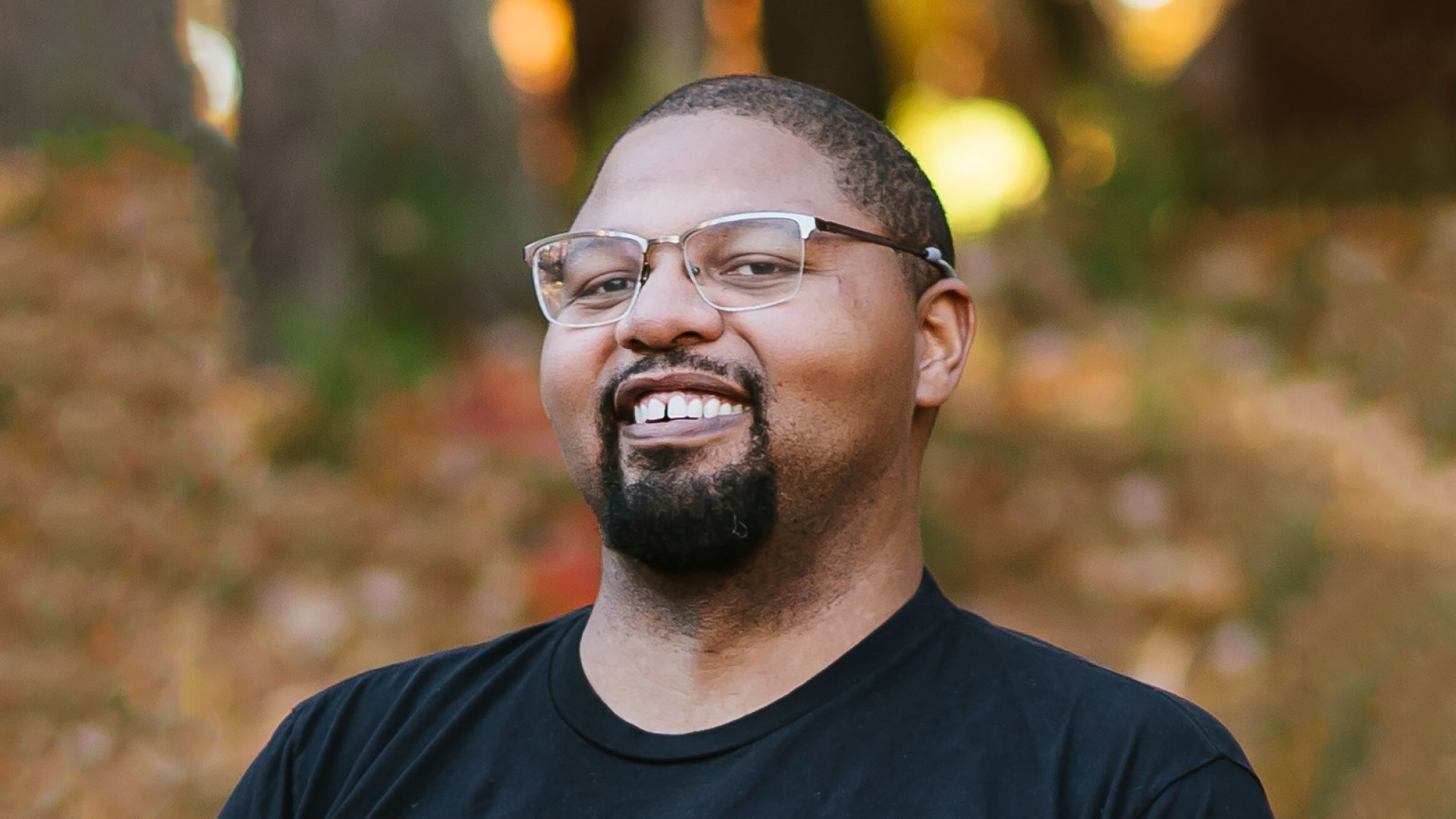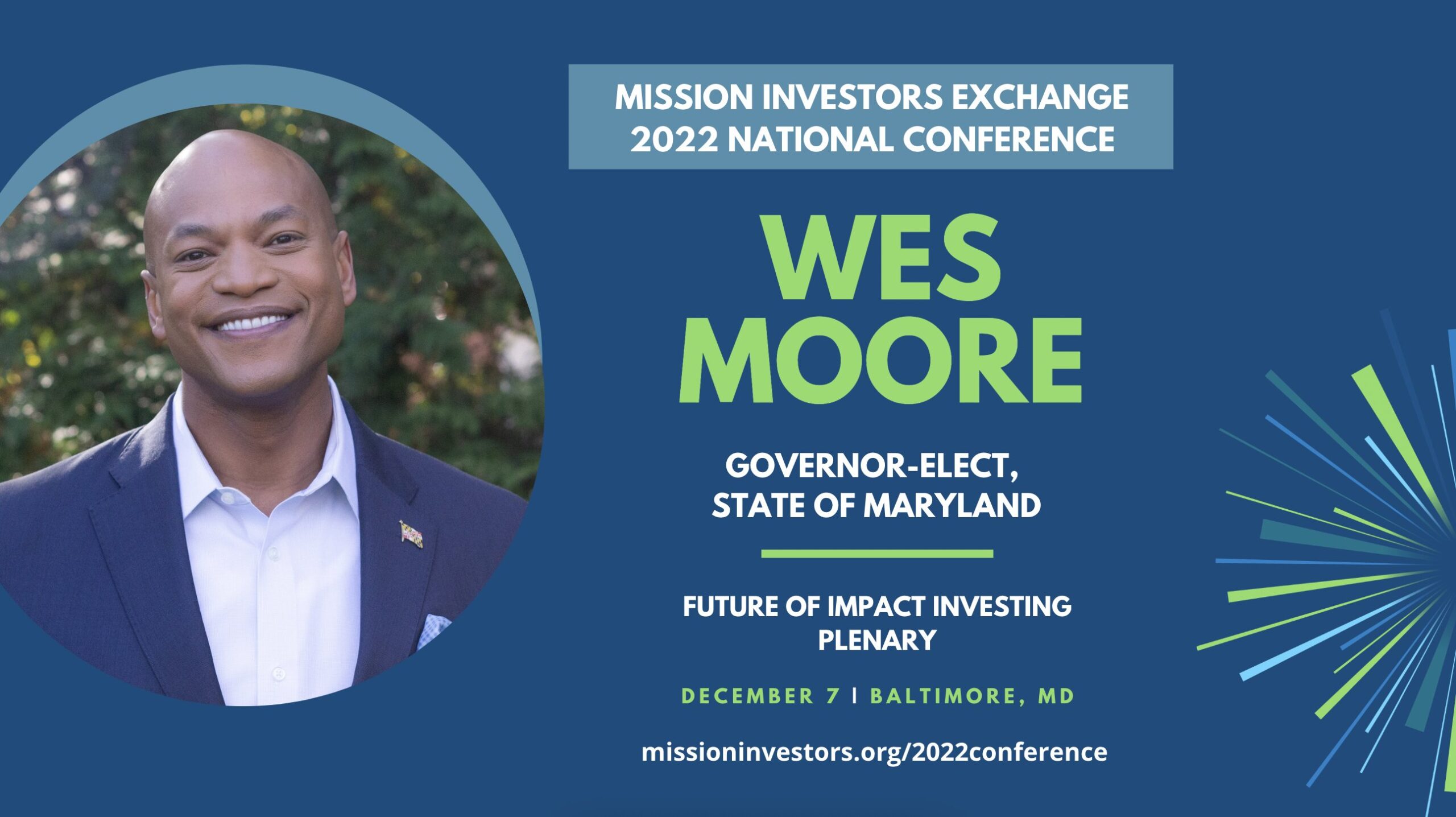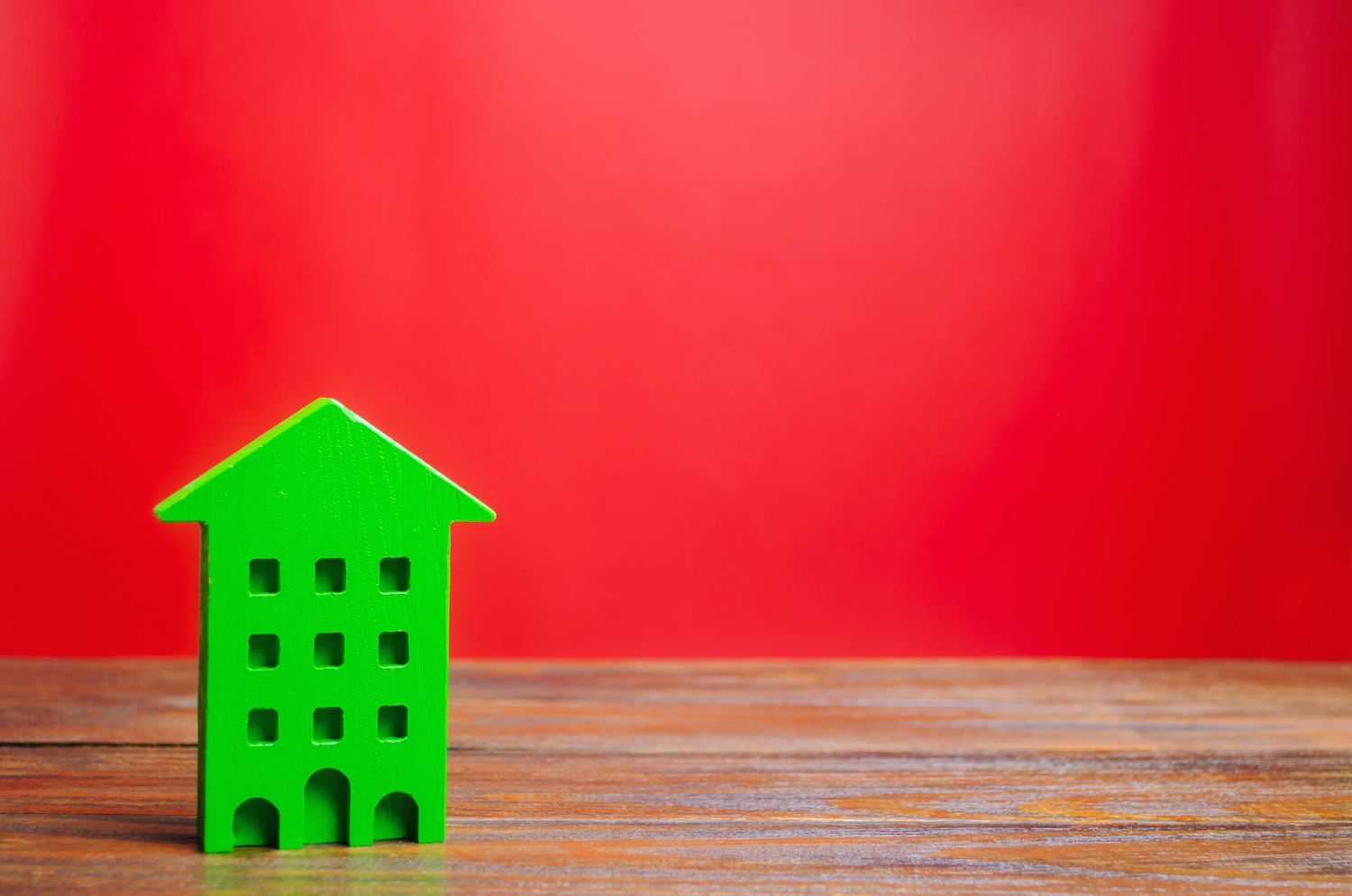ImpactAlpha, Dec. 1 – Growing up in an unequal society in India prepared Ipshita Mandal-Johnson to overcome limitations. With a new life sciences fund, Mandal-Johnson is again going beyond what has historically been possible.
Mandal-Johnson and co-founder Giorgio Reggiani are investing their Global Bio Fund exclusively in women-led bio startups with solutions in health and wellbeing, food and agriculture and energy and environment. Women-led companies generate more revenue with less capital and return a higher investment rate of return than male-founded firms.
“Women also tend to be more involved in making sure that they have good impacts,” says Reggiani, who grew up in apartheid South Africa. The real question: “Why are you not investing in women entrepreneurs?”
In a year when the pandemic spurred investment in healthcare startups, however, venture funding for female-founded healthcare startups actually fell. Gender disparities in biotech funding exclude women as both creators of solutions and users of products.
Mandal-Johnson saw inequality at the interaction of health, science and tech in the U.K., Kenya and New Zealand, as well as the U.S. and India. Mandal-Johnson and Reggiani joined The Reconstruction podcast to talk about global health equity and their fund, which is aiming to raise $100 million. “I never actually wanted to kick off an investment fund,” Mandal-Johnson told host Monique Aiken. “When you don’t see someone else solving a problem, you go ahead and say, ‘Why don’t I go into it myself?’”
Investing in equity
In her work around the world, “I saw inequality in different shapes and forms, if that’s gender, if that’s ethnic backgrounds, or race – there is inequality everywhere,” she says. “It just surfaces up in different ways.”
To take on inequality with an investment strategy, the Global Bio Fund will be intentional about investing in diverse bio entrepreneurs from the U.S, U.K. and several high-growth emerging markets. The fund will look for gender diversity on the board and in the C-suite, how gender-based values and policies are reflected in the company and how those values show up in the company’s products and services.
Early on, the gender-lens and impact focus of the fund drew criticism from many legacy private equity funds and institutional investors who believed such things could not be consistently measured. “When the sector is ready for it, we’ll do it,” they said.
“For us, as people who innovate in a system, we thought, no, there’s plenty of work and research going [in impact measurement]. There’s plenty of standardization going on. We don’t need the system to be perfect. We need to be going towards that trend of doing good.” The partners have met with thousands of entrepreneurs and built an ecosystem of investors, policymakers, corporate leaders, entrepreneurs and academic scientists through what they call the Global Bio Xcellerator.
Mandal-Johnson and Reggiani say the pandemic only strengthens the case for the fund, which aims for a first close in 2020. Investors in health went risk off during the pandemic, even as it’s been shown that diverse teens, and particularly, gender-smart teams, better manage risk.
Instead of seeing gender and race-driven inequality as a problem but not doing anything about it, it’s important to recognize that a small pebble makes ripples, says Reggiani. “To make a small pebble have riddles, you have to throw it. If you keep throwing small pebbles, you make enough ripples.” And one day, he says, “you get other people throwing pebbles with you, you can start to make waves. And those waves will bring change.”
This podcast is part of ImpactAlpha’s new podcast series, The Reconstruction. Find episodes of The Reconstruction podcast, and all of ImpactAlpha’s coverage of racial justice and inclusive prosperity, on The Reconstruction landing page.

